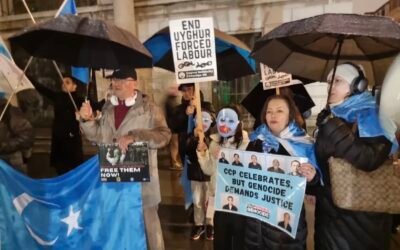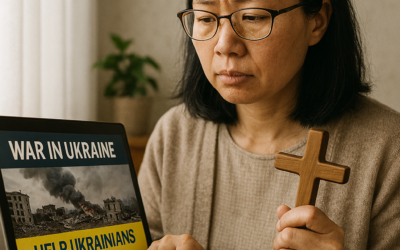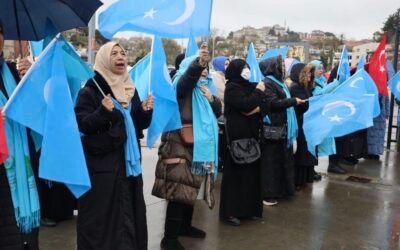Implementing the central government’s “funeral reform” drive, officials in Hebei Province’s Xingtai city use drastic measures to please their superiors.
by Yang Xiangwen
The government of Xingtai city in the northern province of Hebei has banned burials of the deceased since the start of the year, hoping to reach the target of 100% cremations in the city by October 1.

On orders by the central government, similar funeral reforms are being implemented across the country for the past few years to limit land use for graveyards, promoting cremation as the only acceptable form to lay the dead to rest. For many people of faith, cremation contradicts their beliefs, and they find it hard to accept it. Some elderly residents even chose to kill themselves in despair before the reform is enforced, and traditional burial is banned.
Burying the dead is a tradition deeply rooted in rural China. Many believe that cremation is disrespectful for the deceased and hope that only those who are buried can rest after they die. But as the reform sweeps across the country, allowing no flexibility, the dead are exhumed and cremated.

After a man in his 80s passed away on April 26 in Xingtai-administered Taizijing township, his children buried him the same night, following local customs. Over ten days later, local government officials pressured them to exhume and cremate their father’s body, threatening to cancel their pensions and expel them from the CCP.
Not wanting to accept the inhuman requirement, the children held their ground and told the officials that the dead should not be disturbed. Disregarding their wishes, the man’s body was exhumed in the early morning of May 19 by government-hired personnel who burned it on the spot.
On April 21, the day after a man in his early 70s died in Xingtai, and his family was preparing for his burial, government officials and Party functionaries assembled administrators from 20 villages in the cemetery where the man was to be laid to rest to discuss funeral practices in the area. They ordered to “advocate cremation and reject burial” to reach a 100 percent cremation rate in the city.

Three village officials were told to fill the dug-up grave with soil to prevent the family from burying the deceased. One of the officials refused but was threatened by a superior “if the deceased is not cremated today, you’ll be cremated tomorrow.”
According to the Implementation Plan to Further Expand the Burial Reform, jointly issued by the Xingtai Municipal Party Committee Office and the Municipal Government Office earlier this year, starting from April 15, deceased government officials, employees in state institutions, social organizations and enterprises, and CCP members, as well as their immediate relatives, should be cremated, not buried, unconditionally.
To demonstrate that CCP members should take the lead in implementing the order, the government of a Xingtai-administered town fired a village official from his post in May for not implementing the “funeral reform” because he buried his deceased father.

Uses a pseudonym for security reasons.



